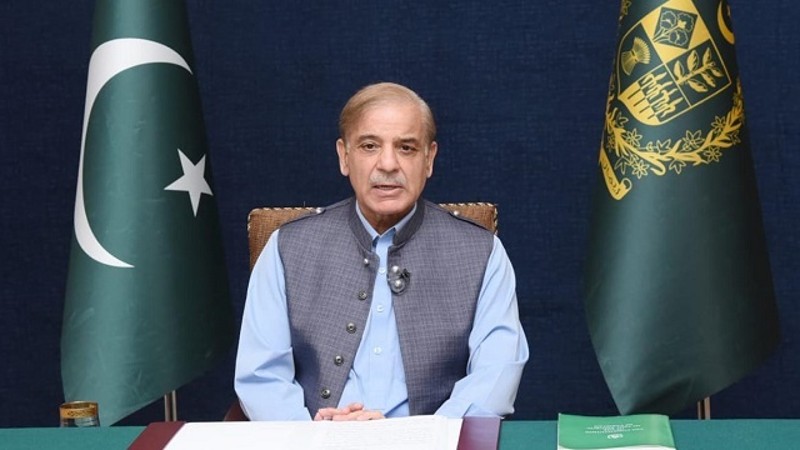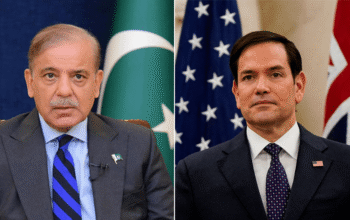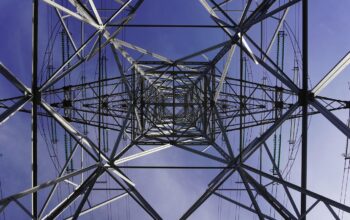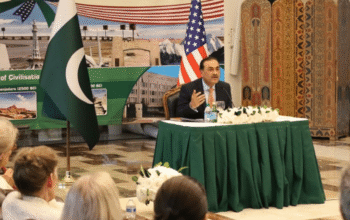The government seems to be dragging its feet over hiking energy tariffs prior to the revival of a stalled Fund bailout.
By Staff Reporter
ISLAMABAD: All levels of his government routinely underscore the need for “tough decisions to save the economy”, but Prime Minister Shehbaz Sharif seems to be dithering in the face of an imperative to raise energy prices.
The government had given the International Monetary Fund (IMF) a commitment to raise electricity tariffs by PKR 3.25 as of July 1, 2022 as a prior action to the revival of a stalled Fund bailout for the country.
This was to be the first instalment of a PKR 7.92 per unit increase in tariff agreed by the authorities as part of an economic reform program.
But Sharif’s coalition government has so far remained unwilling to implement the key prior action, throwing into uncertainty the much hyped revival on the program in time to avert default on external obligations.
Even if the government rolls out the price increase with a delay, enforcing it from July 15, it will have to absorb the PKR 35 billion paid in subsidy for first 15 days.
This is one of the reasons why Pakistan and the IMF have so far failed to strike staff level agreement, said one top official who deals with the IMF. He added that delays in the implementation of agreed prior actions could when agreed actions and implementation were delayed it paved the way for creating stumbling block in the way for striking agreement with the IMF.
Pakistani authorities were confident that after withdrawal of POL subsidies and hiking petrol and diesel prices up to unprecedented levels the staff level agreement would be done within no time but it did not happen.
There is a need to ascertain its exact reasons. One key reason could be the fact that the IMF does not believe in piecemeal approach. Islamabad will have to adopt a comprehensive approach for securing the staff level agreement with the IMF.
One senior official said that the IMF worked on the basis of macroeconomic modelling for Pakistan and when right kind of figures of different sectors of economy synergised and come up with reconciled scenario then the staff level agreement will be struck.
Now the IMF placed raising of tariff with effect from July 1, 2022 but it did not happen so macroeconomic model would never reconcile without increasing cost of subsidies required for next 15 to 30 days until the government implemented NEPRA’s determined tariff.
The Economic Coordination Committee (ECC) of the Cabinet had already granted its nod on hiking tariff by PKR 7.92 per unit in line with NEPRA’s determination. However, PM Shehbaz Sharif is reluctant to hike the electricity tariff.
The NEPRA had given another determination seeking a PKR 7.91 per unit raise on account of Fuel Price Adjustment for May 2022. The government is simply clueless how to tackle this cash bleeding power sector at a time of rising inflationary pressures.
The CPI based inflation touched 21.3 percent for June 2022 while the Wholesale Price Index was touching close to 40 percent which clearly indicated that the CPI based inflation would rise in the months ahead.
If the government passes both electricity and gas prices on to the consumers, independent economists fear CPI based inflation might cross the 25 percent mark in the months ahead, creating more economic difficulties for voiceless consumers in Pakistan.
Copyright © 2021 Independent Pakistan | All rights reserved




